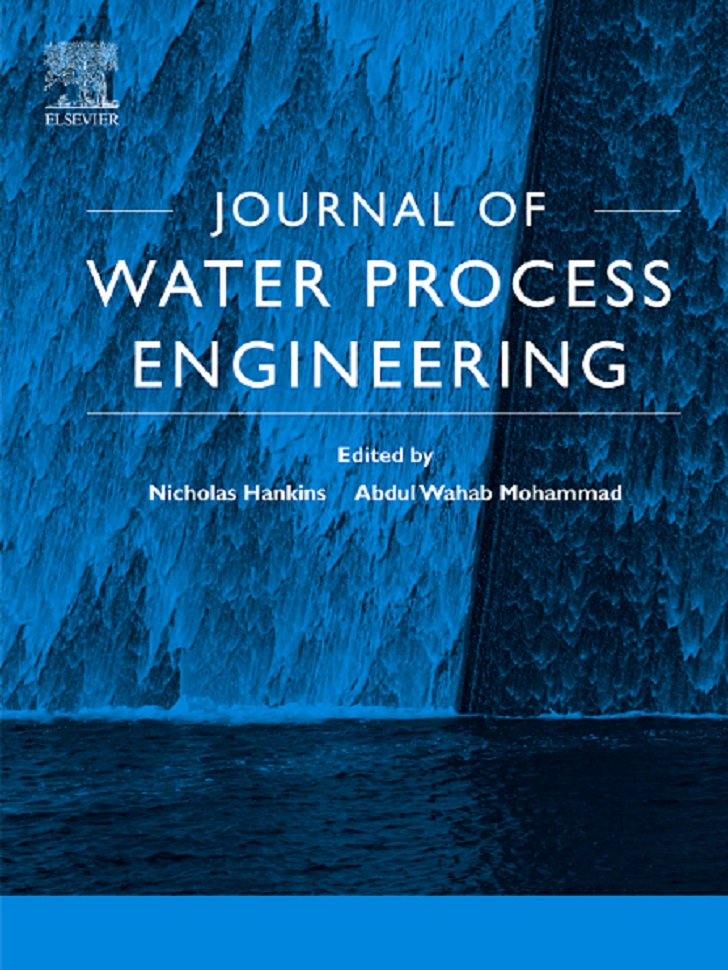
The research article 'Lignin modified PVDF membrane with antifouling properties for oil filtration' has been published in the Journal of Water Process Engineering (Volume 43, October 2021, 102248).
Abstract
Lignin is a sustainable chemical that can be extracted from a wide range of lignocellulosic biowaste. It was blended into polymeric membranes to improve membrane morphology for filtration. Lignin dissolved in NaOH solution can be coated on different substrates to improve the surface hydrophilicity. In this work, the polyvinylidene fluoride (PVDF) membrane was coated with lignin to improve the filtration of oily water. Lignin was dissolved in NaOH solution with varied alkaline concentration (0.25–1.50 wt%) and lignin concentration (0.25–1.00 wt%). The PVDF membrane degraded in the highly alkaline solution, but the increasing lignin content reduced the membrane pore size for the effective rejection of oil emulsion. The PVDF membrane modified with 0.75 wt% of lignin in 0.5 wt% of NaOH solution attained a permeate flux about 70 L·m−2·h−1, but a slightly lower permeate flux of 55 L·m−2·h−1was recorded after immersed in alkaline solution 12 h. The lignin modified membrane rejected up to 99.30% of oil, while the neat PVDF membrane only rejected 83.30% of oil. The lignin modified membrane showed slightly lower but stable flux than the neat PVDF membrane due to the reduction of membrane fouling.




